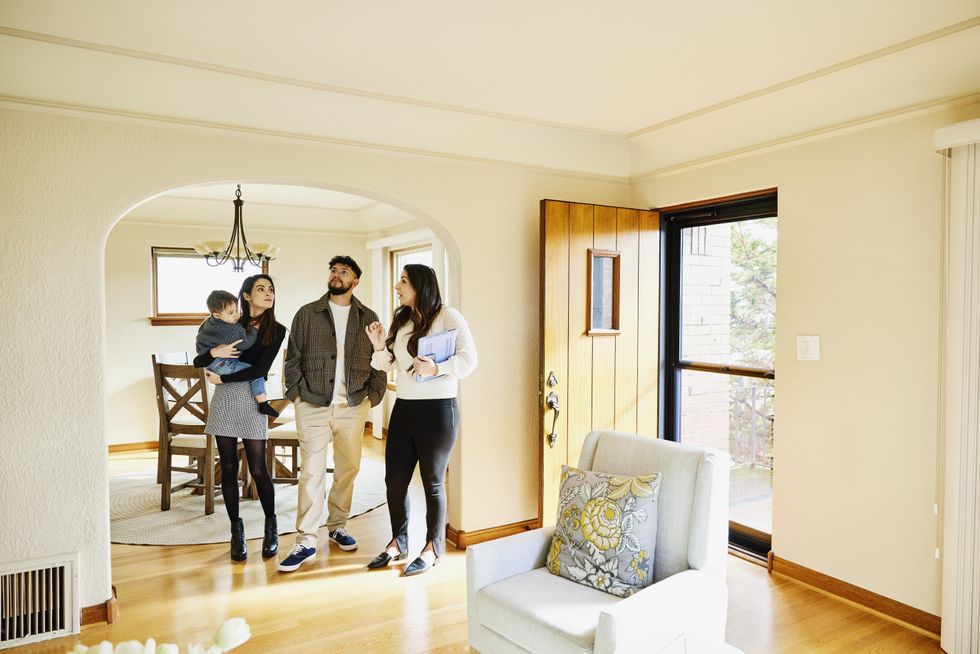Britons warned as moving costs average £14,000 and could rise as stamp duty changes

Buying a home in the UK now comes with nearly £14,000 in upfront costs, with experts warning this figure could rise even further next year.
The total cost of purchasing a property is set to increase by an additional £2,500 when stamp duty thresholds change next year, potentially pushing the overall expense to a record £16,500, property experts claimed.
These mounting costs extend far beyond the basic property purchase price, encompassing a range of often unexpected fees and charges.
First-time buyers and those looking to move are increasingly finding themselves caught out by these hidden expenses, which include everything from property surveys to mortgage arrangement fees.

The rising costs come at a particularly challenging time, as households already struggle with the current cost-of-living crisis.
Head of mortgages at Better.co.uk Jonathan Bone warned that moving costs have been steadily increasing more than most people realise. He said: “Unfortunately, this trend is expected to worsen in the coming weeks and months as the stamp duty threshold is reduced.
“Since the announcement of changes to the stamp duty threshold, many first-time buyers have been rushing to move forward with their plans to avoid the additional fees on top of a deposit and other moving costs.”
From April 1, 2025 the threshold will change to £125,000, and £300,000 for first-time buyers.
The expert added that for many first-time buyers, the four-month window isn’t sufficient to take advantage of current rates. The challenge is compounded by the cost-of-living crisis, making it increasingly difficult for households to save the necessary funds.
Survey and search costs represent one of the first major hidden expenses for property buyers, with fees ranging from £400 to over £1,000. These essential checks include local authority searches and assessments of water and environmental factors that could affect the property.
Buyers must typically pay for both the lender’s valuation and additional surveys to examine the property’s structural integrity.
These surveys are mandatory regardless of whether you’re a first-time buyer or moving to a new property. The costs can quickly mount up, particularly if additional specialist reports are required.
Solicitors usually handle these searches, adding another layer of professional fees to the process.
These essential checks cannot be avoided, as they provide crucial information about the property’s condition and potential issues that could affect its value or safety.
Mortgage arrangement fees can be another significant hidden cost, varying widely between lenders.
While some lenders waive these fees to attract customers, others may charge up to £2,000, particularly those offering lower interest rates.
LATEST DEVELOPMENTS
- How to buy a house that is down-valued by a mortgage surveyor – ‘you will be in a good position to negotiate’
- A property feature can boost the value of your home by £129,000
- Sellers warned against market over-optimism as properties sell for 77% of their asking price

Conveyancing costs can also escalate unexpectedly due to unforeseen legal complexities. Additional legal fees may arise if the property is leasehold or requires extra surveys.
These extra conveyancing charges can significantly increase the total legal bill beyond initial estimates.
Buyers often underestimate these costs when budgeting for their property purchase. Without careful monitoring of these additional expenses, the total cost of buying a property can rise substantially.
Legal complexities can emerge at any stage of the buying process, making it essential to maintain a financial buffer for unexpected fees.

